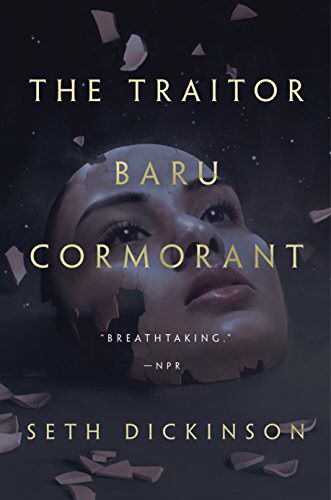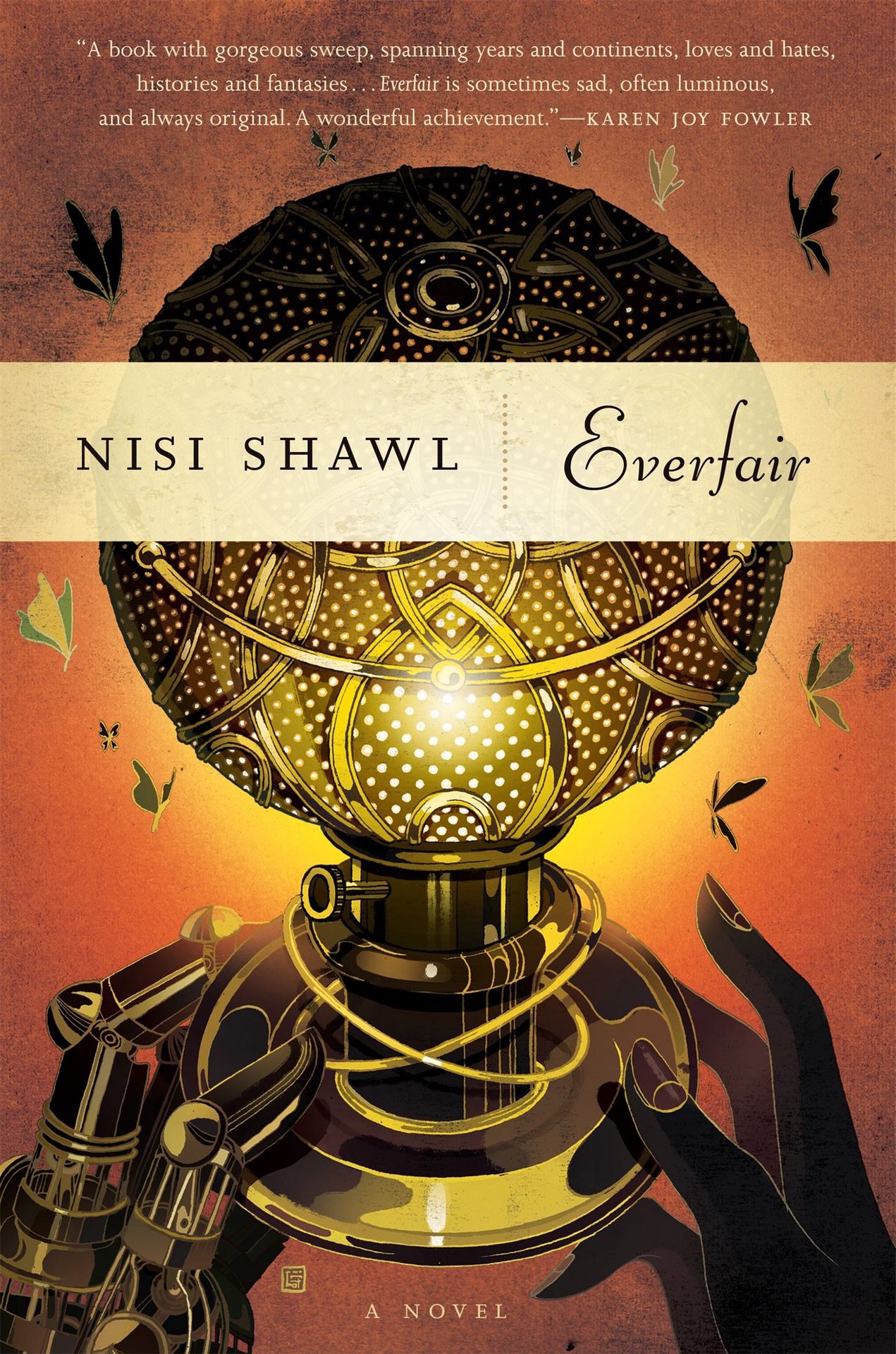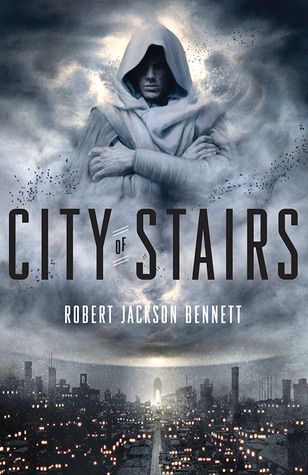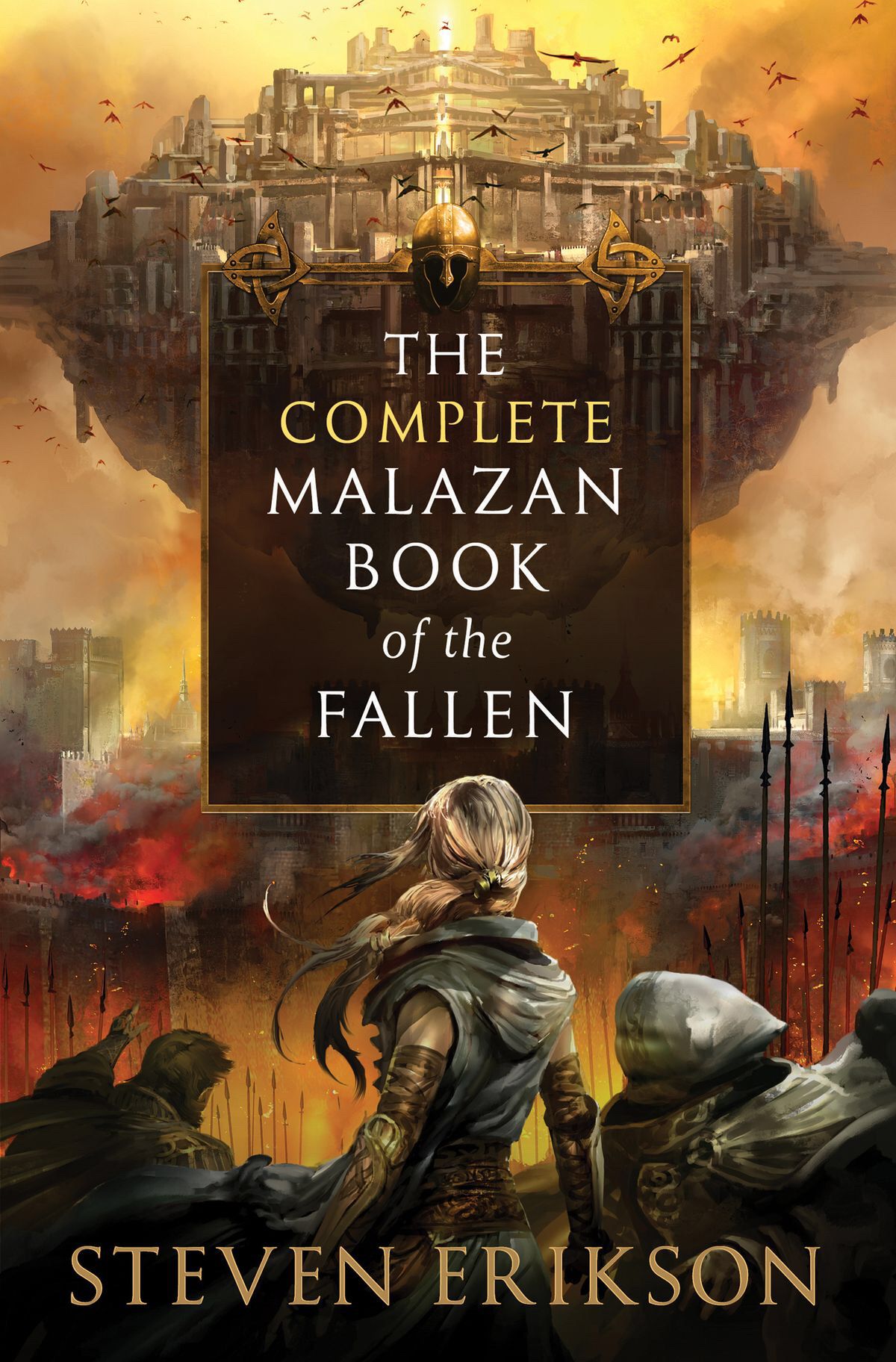Colonial Fantasy

by dgowey
Head over to the kitchen and take a peek inside your spice cabinet. Look over the labels: pepper, salt, cloves, cinnamon, chocolate, chili flakes, nutmeg, saffron. Whereas today we can buy these products at any grocery store, several hundred years ago almost all of them were worth going to war for. The spices of the Indies, or rather the desire of Europeans to find them at lower prices than they could get from Muslim merchants, helped drive Christopher Columbus to propose a westward route to India. Instead, he landed on the island of Hispaniola in the Caribbean, where he and his men were so cruel in collecting gold from the indigenous Taíno people that he was brought back to Europe in chains. In Asia, the land he believed he'd reached, the 16th century began as a new theater for long-running wars involving the Spanish, Portuguese, English, Dutch, and French. These conflicts depopulated entire islands; led to the downfall of many indigenous states; introduced new diseases in both hemispheres; deepened and/or created religious divisions; and contributed to the enslavement of millions of Africans and Asians throughout the world.
While the spice trade was not the only factor in the rise of European colonialism, it was one of the most tangible. Colonialism is not just a modern or a European behavior. Episodes of expansion, invasion, and assimilation have likely been a constant for as long as humans have been humans. Though the conditions and consequences of colonialism are not always easy to predict, we can still make a few general assumptions and statements. First, one of the main goals is often economic domination of the colonized people. Second, interactions between the colonized and colonizers tend to begin small, with influence spreading outward from places like farming settlements, trade ports, or special regions set aside for foreigners. Third, these interactions lead to negotiations between the colonizers (who may need to grow accustomed to a new environment, food, languages, religious practices, etc) and the colonized (whose precolonial institutions may be threatened by new technologies, forms of government, and shifting modes of production).

For Western European colonists, one result of these new relationships was a desire to categorize what they were seeing abroad. The Spanish "discovery" of the Americas led to religious councils meant to determine where indigenous people fit into Catholic cosmology, or if they were even human. Explorers and naturalists did similar work when they catalogued not just new plants and animals, but also different groups of people that they divided (often arbitrarily) into distinct races, religions, and geographic regions. We still struggle with many of the consequences of this division today. Maybe most interesting for fantasy authors is the obsession with magic that appears in many colonial records, like those from Spanish priests in Mexico and the Philippines, English missionaries in Africa, or Dutch officials in Indonesia.
Writing on the last of these examples, anthropologist Margaret Wiener explains the situation this way: "Colonialism required native magic, as its foil and ground. The 'irrationality' of native superstitions and practices was necessary to demonstrate the rationality of modern European institutions, in particular science (disciplined observation and reason as the road to true knowledge vs. mere belief and custom) and government (rational bureaucracy as a mode of administration and justice vs. the exploitative and despotic regimes colonialism replaced)." In the end, colonialism as an institution is maintained only "through practices entailing illusion and delusion". Among these would be the colonists' ideas of superiority over the colonized, often on a basis of racial, cultural, linguistic, religious, military and economic reasons.

Of course, examples from Western European colonialism after the 16th century shouldn't be taken as a limit on what colonial fantasy can say or do. Similar inspiration could be taken from the expansions of imperial China, the Ottoman Empire, Islamic dynasties in Spain and Africa, the various Maya states, or any historical period that the author finds interesting. The most important thing to consider is that these movements of people, things, and ideas have consequences, which colonial fantasy provides an ideal venue to explore. As a starting point, here are some questions that readers and writers of colonial fantasy could ask:
1. When two languages come into contact, which types of words (body parts, religious terms, kinship, noble titles, etc) are translated and which are borrowed without modification?
2. Which currency or exchange system tends to dominate, or do they coexist?
3. Who manages the trade between two or more groups of people? Is it the dominant group or ethnic/religious/linguistic outsiders acting as intermediaries?
4. What policies do the ruling class have in place to deal with religious, ethnic, or gender minorities? How are these policies enforced and who benefits from them?
5. Do the colonizers restrict the kinds of magic that the colonized people can perform?
6. What does the food people eat say about their social status, religion, or ethnicity?
7. How are different groups within indigenous communities reacting to colonization? Do they convert to new religions, adopt new languages, or do they resist and how?
8. What gets lost in translation (figuratively and literally) when the colonizers make records of what they encounter or do in the colonized territory? Particularly, who makes these records (missionaries, bureaucrats, explorers, merchants, etc) and what agendas could they have in telling the story a certain way?*
9. How does colonization affect individual/group identity over time? Do people born in the colony, especially of mixed heritage, identify more with the dominant or subaltern group? How do members of the dominant group born outside the colony view these differences?*

My interest in colonial fantasy comes from having taken history and anthropology classes that dealt with European colonialism, which is especially unavoidable in learning about US history. Often, this history is written as only having started with the arrival of the Spanish and the British, mentioning precolonial societies like the Aztec, Maya, and Iroquois among many others exclusively in terms of their interactions with colonizers. My academic research focuses on Southeast Asia and specifically the Philippines, where historical writing is often a product of negotiation between Spanish missionaries and conquerors on the one hand and local histories (oral history, epic poetry, revolutionary writers, etc) on the other.
What surprised me is that in doing research for this article, there seemed to be more posts asking why colonial fantasy isn't more popular than I saw posts talking about books that fit into it. Colonialism is a fairly common plot device in fantasy—invading empires, lost civilizations, and continent-spanning wars especially—but examples like the Targaryens in A Song of Ice and Fire or Númenoreans in The Lord of the Rings are presented as being like our world's Romans: largely a thing of the past. Fantasy that focuses more directly on colonialism provides opportunities to explore the interactions between colonizers and colonized as they happen, which in our world was generally more complex than a binary choice between cooperation and resistance. Here are some examples of books I've either read or seen recommended that would be considered colonial fantasy:
1. The Traitor Baru Cormorant by Seth Dickinson
2. The Thousand Names by Django Wexler
3. Everfair by Nisi Shawl
4. City of Stairs by Robert Jackson Bennett
5. The Blue Sword by Robin Mckinley
6. Malazan Book of the Fallen series by Steven Erikson

Especially with so much discussion currently from creators and readers about diversity and representation in fiction, colonial fantasy is important for the ways in which it can address these kinds of questions. It gives us the possibility of moving beyond what is historical to explore new social arrangements and events that may only be wishful thinking in our own world. Even then, we should keep in mind that our own history is already diverse and full of endless stories waiting to be told. It's our job as writers and readers to find the stories we want to be told and bring them to the world.
* Thanks to author Jeannette Ng for raising these points. Check out her book, Under the Pendulum Sun.

Example of Colonial Fantasy on Wattpad:
Jire by dgowey
Synopsis:
Jire is one girl in a city of thousands; a city ruled by invaders who take everything they can and leave nothing for people like her. But none of that matters for her. Not when Bale can't be bothered to give up drinking long enough to work for a living, or when the need to eat every night outweighs her every other concern. If Jire is going to survive today, just as she has every day that came before it, then she will have to do it just as she has so many times before: alone.
Excerpt:
The neighbors said that Bale hadn't always been a drinker, at least not until the Kurasiti came to the city. That had happened when Jire was only four years old, and her father had found his way to drink ever since. All the older folks said nothing in the whole city had been the same after that, but she didn't know any different. What she did know was that she needed money for food tonight, and her father wasn't going to get it for her.
Gray dawn light spilled over the mountains to the east, casting a beam narrow as a blade of grass across her still-closed eyes. Her thoughts of a past she didn't know stole away from a dream she'd had for the last three nights now, always running from hands she couldn't see without knowing why she ran, only that she had to escape them. The details hadn't changed since the first occurrence; only the dread had increased. She shook her head as she sat up, clearing away the last remnants of her terror and swinging around a cloud of charcoal-black hair, which settled in front of her eyes like fog around a high peak.
Her corner of the little shack she shared with her father was as she left it. Across from her, Bale still slept clutching a glass bottle of some dark liquid, the contents of which barely overpowered the stench of urine coming off his ragged clothes. She hated him. Just as much as she couldn't put in words the fear she'd felt in that dream, she hated her father but couldn't say exactly why.
There he sat, propped up against the back wall near the extinguished stove, his broad, broken-veined nose and rotting teeth lost in the same mass of dark curls he'd given to her. Jire had thought long ago that she only worked to feed him because he'd worked to give her life, but she doubted that he'd worked a single day in his life after that, and so she hated him.
Knots in her legs and arms threatened to keep her in bed, but she didn't let them. If she didn't get to the river soon, she'd be stuck waiting there with her water sack until the sun was nearly overhead. That would mean she'd be late getting back home, and even later arriving at Master Morres' manor in the center of the city. The last time that had happened, Master Morres had done what he could to make sure it never happened again.
Shooting one final glare at her father, Jire rose from her bed, smoothed the only shirt she owned with her hands, and grabbed the water sack hanging off its nail near the stove. It was a long walk to the river.
At this early hour, the slums of Wajukəra—the Kurasiti called it Lunumbau, whatever that meant—saw only dogs and women awake. Women like Jire, whose errands would take them to the river for water, the market for trinkets, and the manors of fat, old men like Master Morres for... She couldn't bring herself to think of it anymore. Only today's water mattered.

More on Colonialism:
Despite Colonization, We're Still Here | Kyle Grant Wilson | TEDxBellevueCollege
https://youtu.be/qVv0Yae-RZU
Africa Post-Colonial Development | Fatoumata Waggeh | TEDxGallatin
https://youtu.be/s7lmz4UL4wE
Bạn đang đọc truyện trên: AzTruyen.Top